All products and services are For Research Use Only and CANNOT be used in the treatment or diagnosis of disease.
The development of anti-SARS-CoV-2 CAR cell therapy holds significant potential in the fight against COVID-19, offering versatile approaches to both treatment and prevention strategies. Creative Biolabs provides valuable support in the development of cell therapies to combat SARS-CoV-2 by providing comprehensive services that cover all phases of CAR cell therapy development.
Despite the availability of vaccines and antiviral drugs, there remains a need for alternative therapeutic approaches for COVID-19, particularly for individuals who are unresponsive to existing treatments or those with severe disease. CAR cell therapy offers a novel and potentially potent strategy for targeting SARS-CoV-2-infected cells and modulating the immune response. CAR-T cells can be engineered to recognize specific viral antigens with high affinity and specificity, allowing for precise targeting of infected cells while minimizing off-target effects. By redirecting the immune system to attack SARS-CoV-2-infected cells, CAR cell therapy can potentially achieve potent and durable antiviral responses.
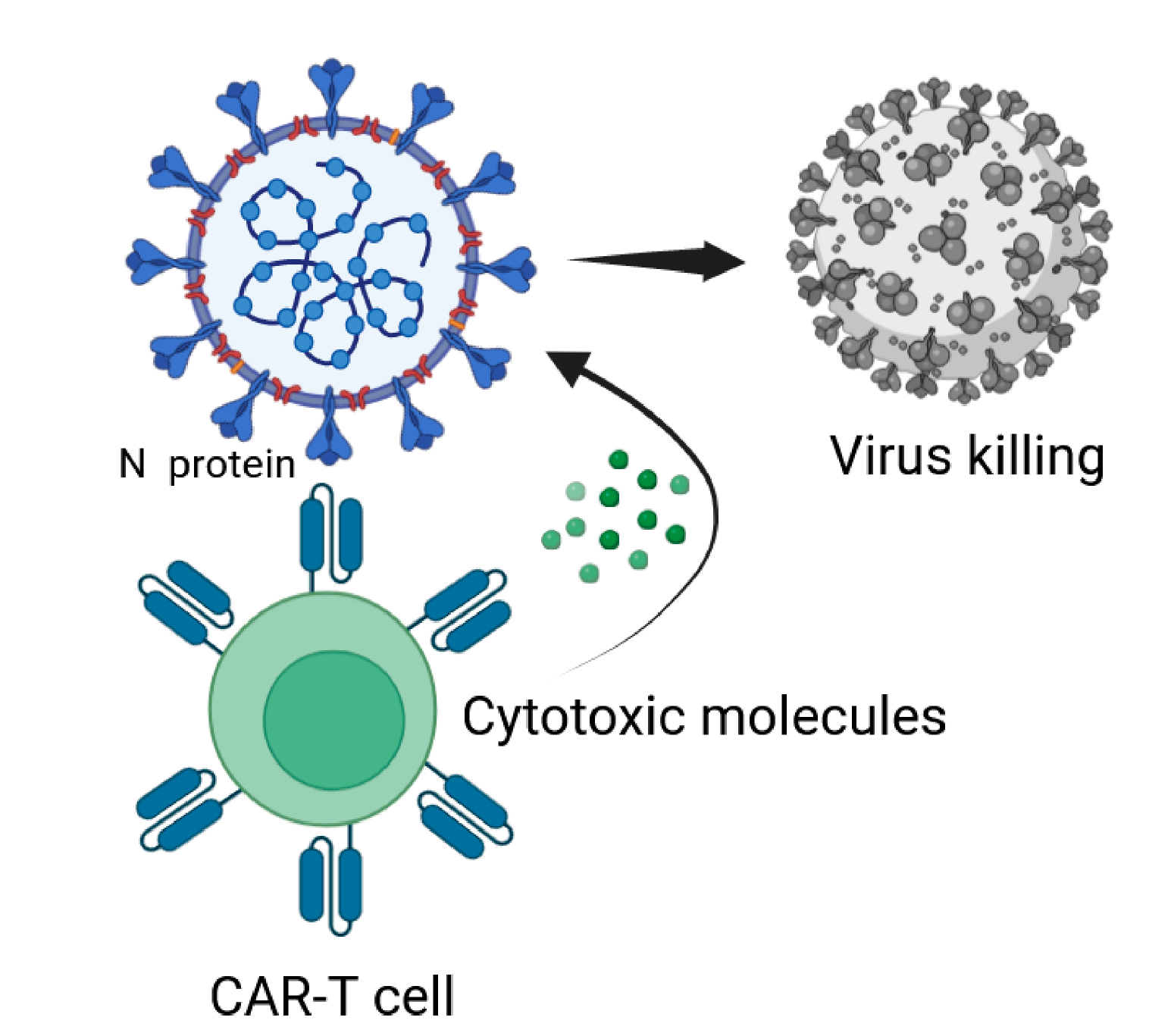 Fig.1 CAR-T cells that recognize the SARS-CoV-2 virus.1
Fig.1 CAR-T cells that recognize the SARS-CoV-2 virus.1
Based on scientific expertise, advanced technology, Creative Biolabs offers a full-service approach covering all aspects of SARS-CoV-2 CAR cell therapy development:
Identify specific antigens or epitopes on the surface of SARS-CoV-2-infected cells that can serve as targets for CAR-T cell recognition.
Design a CAR construct that consists of an antigen-binding domain, a transmembrane domain, co-stimulatory domains, and signaling domains.
Genetically modify patient-derived T cells to express the CAR construct using viral vectors like lentivirus or retrovirus.
Evaluate the functionality and specificity of engineered CAR-T cells in vitro using assays like cytokine release assays, cytotoxicity assays, and co-culture experiments with SARS-CoV-2-infected cells.
Conduct preclinical studies in animal models to assess the safety, efficacy, and pharmacokinetics of CAR-T cell therapy.
For more information on CAR-T therapy development, you can click here to jump to the corresponding page for more information!
The following results are derived from the latest research advances in SARS-CoV-2 CAR therapeutics, and illustrate the construction of SARS-CoV-2 CARs and the expression levels of SARS-CoV-2 CARs. Hopefully, these results will help you better understand our anti-SARS-CoV-2 CAR cell therapy development services.
| Engineering SARS-CoV-2 CAR | |
 Fig.2 Diagram of SARS-CoV-2 infected cells and spike protein expression plasmids.2 |
Fig.2 a tested the relationship between the SARS-CoV-2 spike protein on the cell surface and T cells. Fig.2 b is a schematic diagram of the CAR molecule that recognizes the spike protein on the cell surface. |
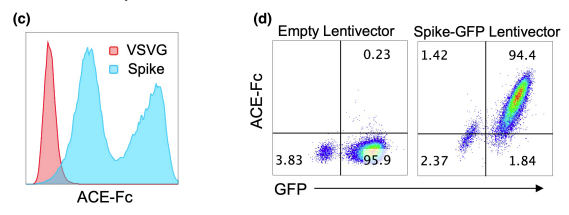 Fig.3 Flow cytometry for transfection and lentiviral transduction.2 |
Fig.3 c shows Spike expression on the cell surface after transfection. Fig.3 d shows the expression of Spike and GFP in engineered 293 cells. |
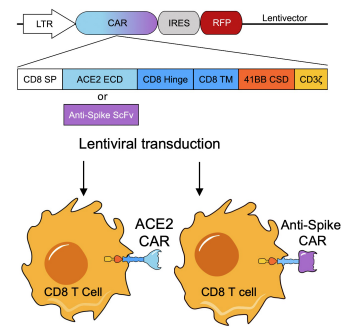 Fig.4 Diagram of anti-SARS-CoV-2 Spike protein CAR constructs.2 |
The left figure shows a schematic diagram of the structure of a slow-moving construct containing either an ACE2 CAR or an anti-spike CAR cassette. |
| Expression of CAR constructs | |
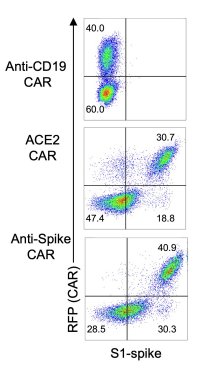 Fig.5 Expression of CAR constructs on CD8 T cells.2 |
The left figure shows the surface expression of ACE2 and anti-spike on CAR-engineered CD8 T cells. |
Anti-SARS-CoV-2 CAR cell therapy development holds promise in various applications aimed at combating COVID-19 and its associated complications. Here are several potential applications:
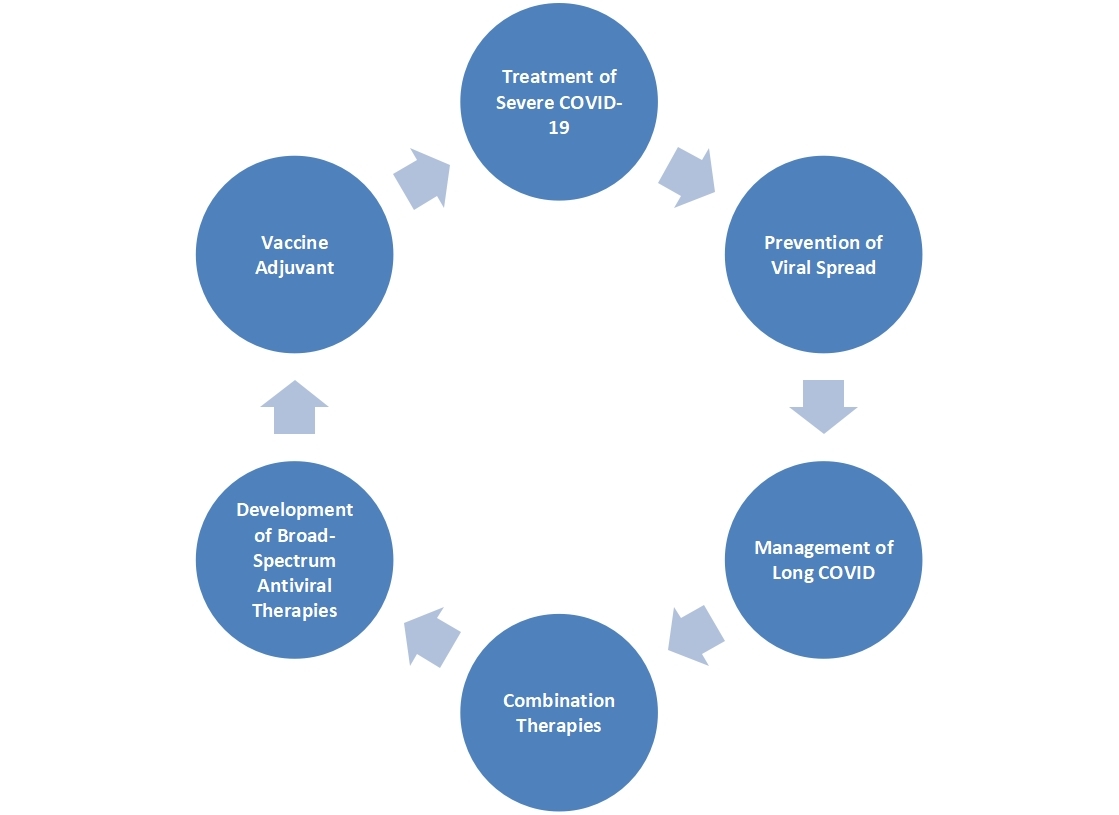
Through comprehensive CAR T-cell therapy services, Creative Biolabs is advancing the development of anti-SARS-CoV-2 CAR cell therapies, potentially providing powerful new tools for global efforts to control the COVID-19 pandemic. If you have a need in the field of SARS-CoV-2 CAR, please feel free to contact us.
References
For any technical issues or product/service related questions, please leave your information below. Our team will contact you soon.
 NEWSLETTER
NEWSLETTER
The latest newsletter to introduce the latest breaking information, our site updates, field and other scientific news, important events, and insights from industry leaders
LEARN MORE NEWSLETTER NEW SOLUTION
NEW SOLUTION
CellRapeutics™ In Vivo Cell Engineering: One-stop in vivo T/B/NK cell and macrophage engineering services covering vectors construction to function verification.
LEARN MORE SOLUTION NOVEL TECHNOLOGY
NOVEL TECHNOLOGY
Silence™ CAR-T Cell: A novel platform to enhance CAR-T cell immunotherapy by combining RNAi technology to suppress genes that may impede CAR functionality.
LEARN MORE NOVEL TECHNOLOGY NEW SOLUTION
NEW SOLUTION
Canine CAR-T Therapy Development: From early target discovery, CAR design and construction, cell culture, and transfection, to in vitro and in vivo function validation.
LEARN MORE SOLUTION